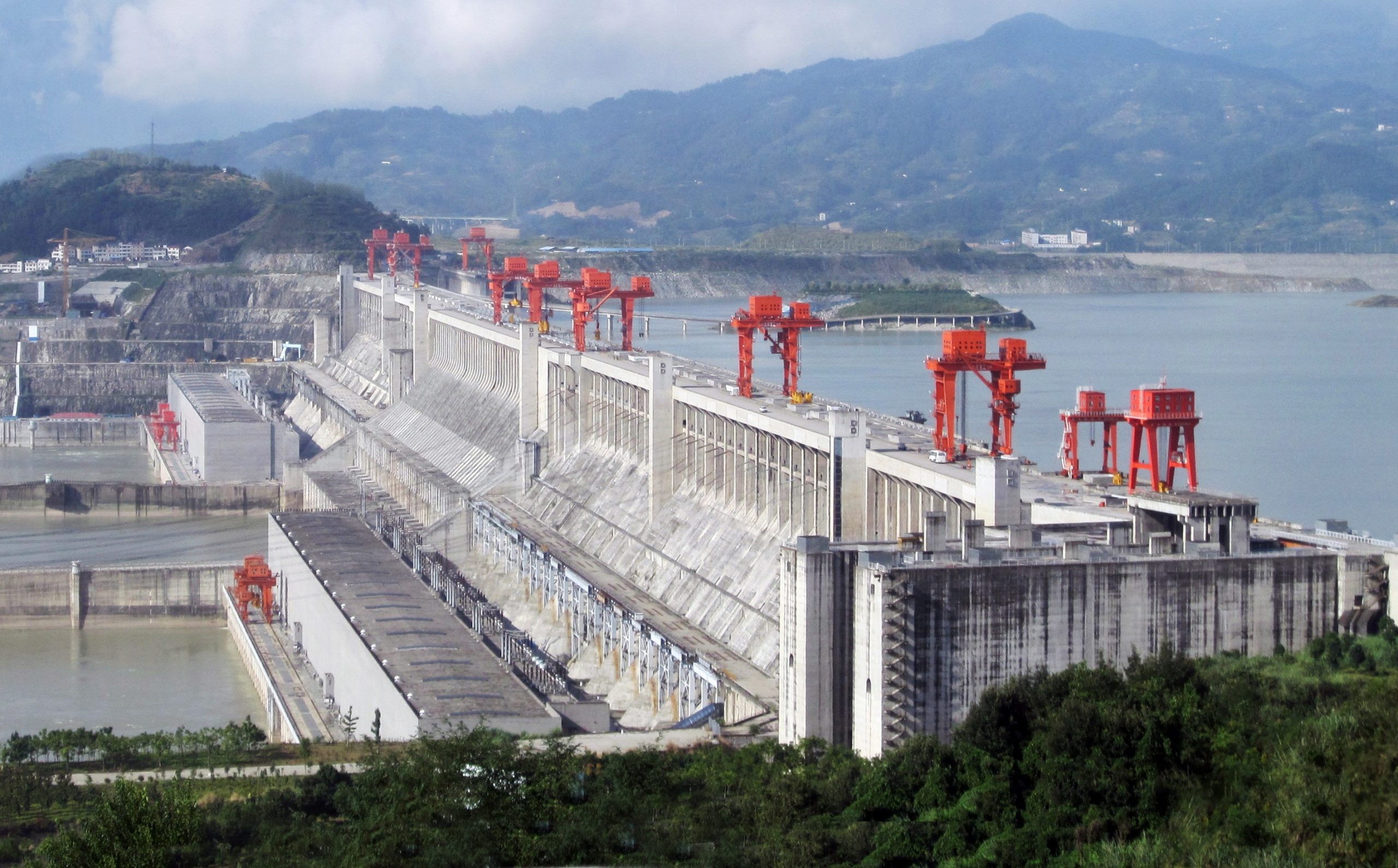
China | UN expert says respect for human rights and civil society essential to development and poverty alleviation
UN Special Rapporteur on extreme poverty and human rights Philip Alston will present his country visit report on China to the Human Rights Council on 7 June 2017. His report cautions that, although development has raised incomes in the country, structural inequalities remain and are exacerbated by the suppression of civil society.
Alston: meaningful accountability is China’s biggest challenge
In his country report, Professor Alston stresses the necessity of civil society in holding the government accountable to human rights standards.
‘The role of independent civil society organisations in promoting accountability and access to remedy is particularly important in a country context in which there is no independent judiciary and in which there has been a systematic crackdown on human rights lawyers,’ says Sarah M Brooks, Asia programme manager for ISHR. ‘Despite this, and contrary to China’s national interest, the recently enacted and highly restrictive Law on the Management of Foreign NGOs will inhibit human rights groups relying on technical or financial assistance from abroad, resulting in the closure of many civil society organisations and the further suppression of advocacy and dialogue.’
Alston’s report finds that China employs a top-down approach to poverty alleviation, which marginalises the role of civil society organisations and individuals living in poverty in shaping effective and sustainable anti-poverty policies.
‘Governments – including in China – should see civil society participation as essential to developing smart, effective policies in development, education, housing, health and other areas. They are drivers of change, and can help find solutions when policies hit roadblocks,’ Brooks says.
Professor Alston notes the important role an independent National Human Rights Institution (NHRI) could play in facilitating government and civil society interaction and realising the full range human rights.
He highlighted that women and LGBTI persons face particular discrimination in poverty alleviation. Transgender persons are often condemned to live in poverty as it is exceedingly difficult for them to find employment due to discrimination. Professor Alston also reported challenges related to the rights of ethnic minorities; he did not request access to Tibetan and Uyghur areas, and was instead shown a model village in Yunnan. Thus, the visit provided no opportunity to speak with civil society organisations and individuals from minority communities.
Intimidation, surveillance and lack of cooperation hindered visit
Professor Alston also describes how the potential of his visit was limited by efforts of the State to limit his independence, in contradiction of agreed UN policies and procedures. He and his staff were tailed by authorities, including some posing as private citizens, and prevented from meeting with scholars and activists. The report details additional information about the efforts exerted to control the trip, together with details of the international laws and standards prohibiting such interference and guaranteeing the independence of UN experts.
The Chinese government further advised Professor Alston not to make direct contact with civil society organisations or ‘sensitive’ individuals, and made clear that such individuals were not allowed to seek contact with him. In one case reported by Western media, an individual who was meant to meet with Professor Alston was taken into custody hours prior to the meeting.
‘It is imperative that UN human rights experts be able to freely communicate with whoever they request’, says Brooks. ‘Obstructing civil society’s interaction with Special Procedures undercuts the potential for country visits; it is neither fair nor respectful, to defenders or to the experts’.
The country visit was further undermined by reprisals. Following a meeting with Professor Alston, human rights lawyer Jiang Tianyong disappeared. His family was informed of his detention nearly one month later. Despite UN experts calling for an investigation into his disappearance, Jiang remains in ‘residential surveillance in a designated location’. The UN Committee against Torture in its 2015 review of China called for the Government to repeal provisions of the Criminal Law allowing residential surveillance, calling it ‘de facto incommunicado detention’.
UN Human Rights Office echoes concerns over human rights defenders in China
Following calls to respond to the ongoing arbitrary arrests and detentions of human rights lawyers, the Office of the High Commissioner for Human Rights (OHCHR) released a statement on 5 May urging the Chinese government to ensure the immediate release of human rights defenders such as Li Heping and Xie Yang. Li remains under surveillance and is effectively silenced; Xie, at a public trial on 8 May, confessed to ‘inciting subversion’. He was unexpectedly released on bail before the verdict was announced, and at the time of writing has not been sentenced.
Xie’s lawyer, Chen Jiangang, who had helped him release details about torture in prison, was temporarily detained before the trials, along with his wife and two children.
‘Special Rapporteur Alston’s visit to China has exposed the extent of the Chinese Government’s crackdown on civil society and human rights defenders, even in areas where it says it is committed to making progress – like poverty alleviation,’ says Brooks.
Alston’s report will be presented and discussed at the forthcoming June session of the UN Human Rights Council in Geneva.
‘This is a key opportunity for States to emphasise that China’s approach to human rights must fundamentally change, and that respect for defenders and civil society will be key to that change’, says Brooks.
Photo: Commons Wikipedia
